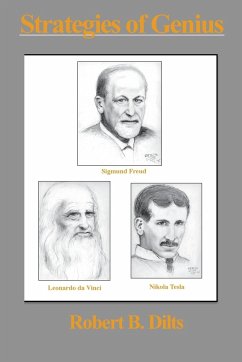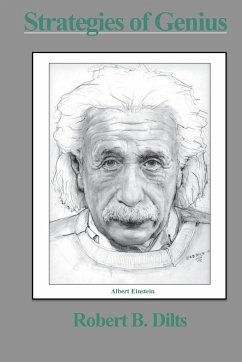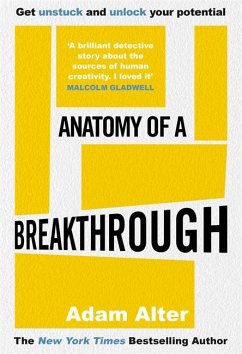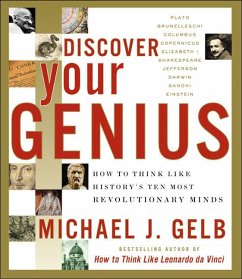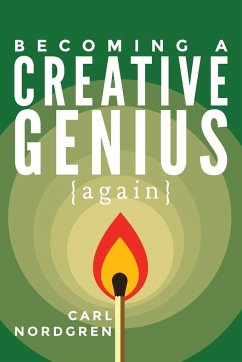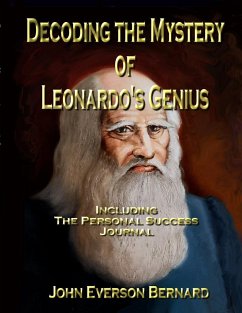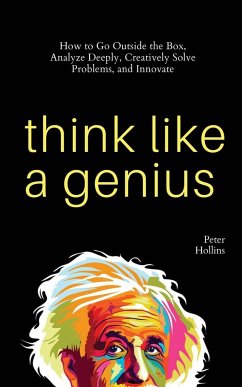
Strategies of Genius
Volume I
Versandkostenfrei!
Versandfertig in 1-2 Wochen
24,99 €
inkl. MwSt.
Weitere Ausgaben:

PAYBACK Punkte
12 °P sammeln!
It has been said that human history is nothing more than a record of the deeds and ideas of great men and women. Ever since people began to turn their attention inward to examine their own thought processes, one of the hopes and promises of psychological inquiry has been to map out the key features of the mind that will allow our own thoughts to soar with the giants of history. Neuro-Linguistic Programming (NLP) provides a new set of tools that can allow us to take major steps toward this promising but elusive goal. The mission of NLP is to define and extend the leading edge of human knowledge...
It has been said that human history is nothing more than a record of the deeds and ideas of great men and women. Ever since people began to turn their attention inward to examine their own thought processes, one of the hopes and promises of psychological inquiry has been to map out the key features of the mind that will allow our own thoughts to soar with the giants of history. Neuro-Linguistic Programming (NLP) provides a new set of tools that can allow us to take major steps toward this promising but elusive goal. The mission of NLP is to define and extend the leading edge of human knowledge— particularly our knowledge about ourselves—by modeling the thought processes or "strategies" of effective people. The purpose of this series on Strategies of Genius is to apply the tools of NLP to analyse important historical figures in order to produce practical and effective "strategies of genius" that can be learned and applied in other contexts. This first volume analyzes the thinking processes of Aristotle, Sherlock Holmes, Walt Disney and Wolfgang Amadeus Mozart. The behavioral areas in which all of these individuals operated were quite different from one another, and one of them is actually a character from fiction. However, they all have something in common: unique and powerful strategies for analyzing, problem solving or creating, which continue to fascinate and entertain us to this day. By analyzing quotations and anecdotes, the author paints a rich picture of the thinking processes of each of these unique individuals and then shows how those thinking processes may be used by the reader to enhance his or her own creativity and problem solving ability. Other volumes include studies of Albert Einstein, Sigmund Freud, Leonardo da Vinci, Nikola Tesla and others who have helped to shape our modern world.





